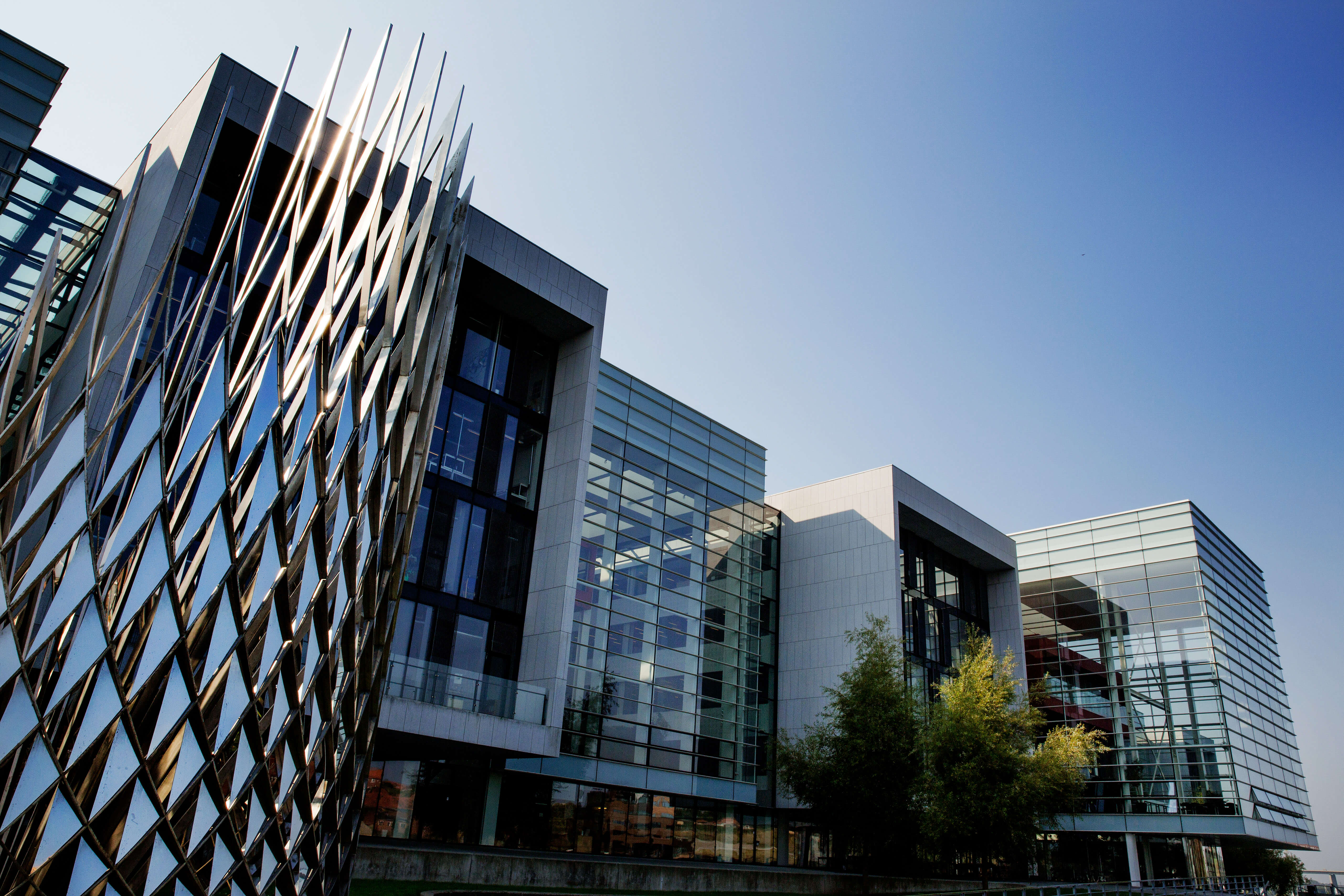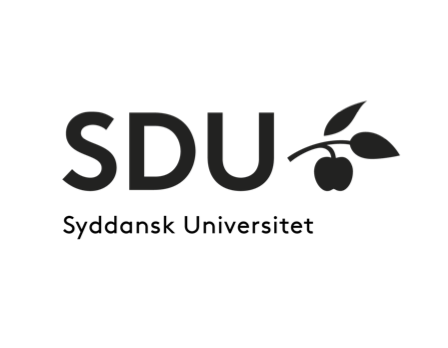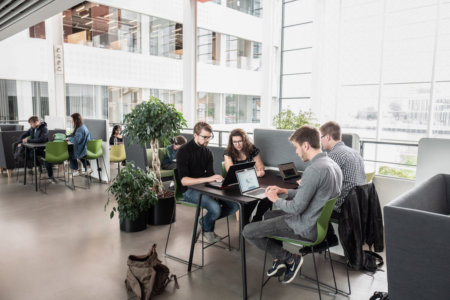If you are a math whiz who enjoys numbers or if you love technology enough to take devices apart only to put them back together again, you probably have the makings of an engineer. Much like the great pioneers who have provided us with some of the most important developments in human history.
From Nikola Tesla’s alternating-current power system, to Guglielmo Marconi’s long-distance radio transmission and Steve Wozniak’s electronic engineering background spearheading the co-founding of Apple Computers — experts in this field have changed the way we live beyond all recognition.
How? Their crucial roles impact the physical devices and technology we use every single day. From designing the tiny parts that make up a cell phone to analysing how to improve the electrical system of an airplane, these electronic engineers are tasked to do these important jobs that enable us to communicate, work and live better.
It’s no wonder individuals in the field of electronic engineering are in incredibly lucrative careers, with some of the highest salaries reported in engineering. If you are interested in joining the field and putting your interests to good use, the University of Southern Denmark (SDU) is the perfect place for you.
The Faculty of Engineering is determined to create value for and with society, through curiosity, research, education and collaboration. With five faculties, more than 27,000 students — 20% of which are international — and 3,800 employees, SDU is a university that has the talent, resources and facilities to provide students with the groundwork that will set a solid foundation for the rest of their lives.
The faculty offers two bachelor’s programmes moulding the electronic engineering pioneers of tomorrow: BEng in Electronics and BSc in Engineering (Electronics). Both are taught in English and offer a first job guarantee for those who progress to and complete their MSc studies.
For Mihaela Gruia, 20, her decision to pursue an education at SDU stemmed from her interest in electronics and the immersive nature of the programme. “By working on a relevant practical project every semester, I feel like I can crystalise almost all the theoretical input from my classes,” she says.
“When it comes to the study environment, the facilities — library, reading rooms, equipment etc.— offered by the university make a big contribution to the quality of studying. I find the fact that the teachers are ready to help almost all the time, combined with the fact that the classes are made to be small, very helpful,” she adds.
Students in the BEng in Electronics programme are exposed to project work from the get-go of their 3.5 years-long course. They will explore the following themes in the span of their first five semesters: Discover the Electronic Development Process; Build Industrial Electronics; Develop Intelligent Dynamic Electronic Systems; Design of Embedded Architectures; Experts in Teams, Digital Interfacing and Reliable Systems. The programme culminates with an internship and a final project.
Students in the three-year BSc in Engineering (Electronics) programme explore the same themes as their BEng peers in the first four semesters. The difference is there is no internship requirement, thus allowing more emphasis on their Bachelor Project and further specialisation via theory courses in Sensors and Actuators and in Applied Electro Magnetics, and one elective course.

Source: University of Southern Denmark
The hands-on approach and comprehensive training is what drew Ralfs Leitis from Latvia to begin his engineering journey at SDU Sønderborg. Passionate about electronics and brainstorming innovations of his own, he definitely feels like he made the right choice.
“The best part of this education is to be in the lab and make your theoretical knowledge into something that works in real life. I really like that we have access to the labs and we can use the modern equipment whenever we need. The difference with other universities is that here we have quite a lot of practical lessons. I appreciate that the teachers really want us to learn something new and they try hard to do their best,” he shares.
Both Mihaela and Ralfs rave about SDU’s welcoming community, making their experience all the more fruitful. Sønderborg is big enough to explore, but small enough to build personal connections with almost everyone. The international environment keeps students from all over the world excited, understood and comfortable.
“With more that 50% of the students being international, we have people from a lot of different backgrounds, a fact that surprisingly makes us interact more than in a normal study environment. And because curiosity drives us to get to know each other in almost all cases, we have cordial relationships with most people we get to know,” Gruia enthuses.
Apart from academics, the chance to develop professionally is granted to students through business lunches with companies and SDU’s guaranteed first job scheme.
“The connections with the surrounding companies are facilitated by both the university as well as the companies since they actively seek students from SDU as potential future employers. I was able to discover what companies want from an intern or a future employee,” Gruia says.
Opportunities like these are what develop resilient and prepared electronic engineers ready to flourish in their future careers. Students at the University of Southern Denmark graduate ready to add value and innovate their way to success, defining what it truly means to be an SDU engineer.
Follow SDU on Facebook, Twitter, Instagram, YouTube, Pinterest and LinkedIn












